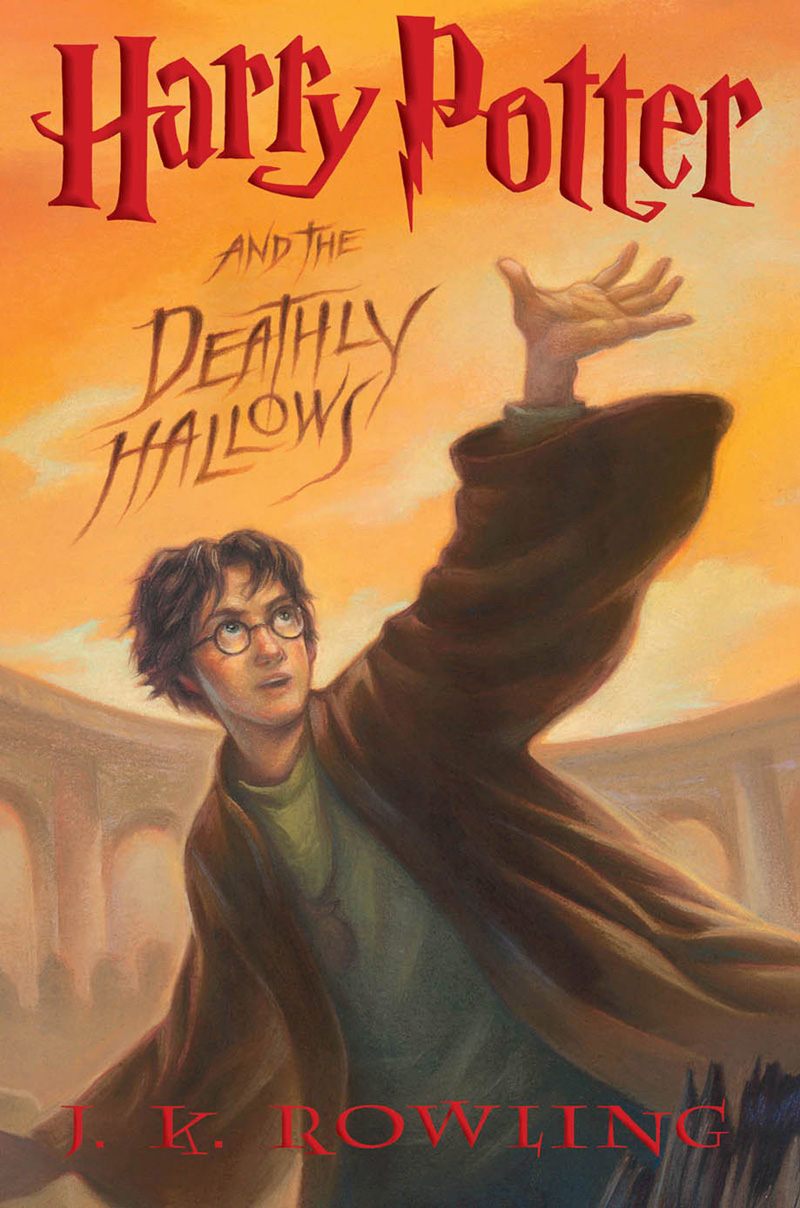I think it really speaks for Süskind’s talent that he can make the reader identify with a character who is so solitary, misanthropic, and inhuman. Part of how he does this is, like I said before, is by setting up foils for Grenouille who treat him like garbage, thus evoking the reader’s sympathy; the other orphans, Grimal, Baldini, and now Taillade-Espinasse. It’s funny that people in class were talking about Grenouille as a super hero, because this section in particular has a lot of comic book elements. There’s the obvious fact that Grenouille can smell humans miles away, but there’s also this quest that he goes on which is a journey into himself.
The description of landscape on page 118 sounds like the post-apocalyptic nightmare landscape of a comic book and its relationship to the comic book anti-hero: “[m]oonlight knew no colors and traced the contours of the terrain only very softly. It covered the land with a dirty gray, strangling life all night long. This world molded in lead, where nothing moved but the wind that fell sometimes like a shadow over the gray forests, and where nothing lived but the scent of the naked earth, was the only world that he accepted, for it was much like the world of his soul.” After reading this, it’s not surprising that Grenouille holes himself up in a barren cave on a barren mountain in the middle of a barren wilderness.
The initial description of Grenouille’s existence in the cave is utterly inhuman: “[h]e also found nourishment in the form of small salamanders and ring snakes; he pinched off their heads, then devoured them whole...he discovered a natural tunnel leading back into the mountain...at the end of the tunnel it was pitch-black night even during the day...no living creature had ever entered the place...He was lying...inside the loneliest mountain in France” (121-22). You know who else in literature exists this way? Gollum in Tolkien’s The Hobbit: “Deep down here by the dark water lived old Gollum, a small slimy creature...as dark as darkness...Goblin [meat] he thought good...he took care they never found him out. He just throttled them from behind, if they ever came down alone anywhere near the edge of the water...They very seldom did, for they had a feeling that something unpleasant was lurking down...at the very roots of the mountain” (Tolkien 67). The difference between the two is, of course, that Grenouille wants to get away from humans while Gollum “lost all his friends and was driven away, alone, and crept down, down, into the dark under the mountains” (Tolkien 68). Gollum develops strange speech patterns because he has only himself to talk to, whereas Grenouille’s speech is strange when he emerges from his cave because he hasn’t spoken at all for seven years.
I find a lot of interesting parallels between Grenouille and Gollum. Gollum is a character who is a grotesque and serves as antagonist for other characters in The Hobbit and The Lord of the Rings trilogy. The other characters in the story are constantly reminding each other, (and therefore, the reader), to have pity and compassion for Gollum because he can’t help being what he is; he is enslaved by his obsession for the “precious” ring. Grenouille is also a grotesque. He is the protagonist, but all of his relationships with other characters are antagonistic; he and Baldini hate each other but use each other, he and Taillade-Espinasse use each other. I don’t think any character so far has had any compassion for him, and he certainly doesn’t have any compassion for anyone else. He’s a slave to his sense of smell in that he wants to be where he can’t smell humans, but he seems to be more in control of his obsession than Gollum. They are very similar in their reactions to the things that they find precious. Gollum kills to get the ring, and Grenouille kills to get the scent of young virgins; both become utterly focused on the precious and blind to everything else.
The reason I find myself comparing Grenouille to Gollum is twofold. As I said above, Grenouille’s situation is very similar to Gollum’s in this section where he holes up in his cave; they are both unloved, strange, and slaves to their obsessions. The thing, however, that continues to fascinate me about Perfume is the fact that none of the characters are very likeable, yet I am so enthralled that I can’t put it down. For one thing, the prose is beautiful in places, such as the section I quoted above about “[t]his world molded in lead.” If Gollum had been the main character of The Hobbit and The Rings books, I think they would have been very different and maybe not so popular. It brings me back to Zola yet again; La Bete Humaine is full of ugly, dirty, immoral characters who do disgusting things, but it is so beautifully written and so fascinating that I know I will read more Zola in the future. Perfume is the same way; I can’t wait to read the end, (I already know what happens), but I can’t help thinking how little I would care for these characters in the hands of a less talented writer.













No comments:
Post a Comment